Solar panels, internet services to cost more as govt, IMF mull tax hikes
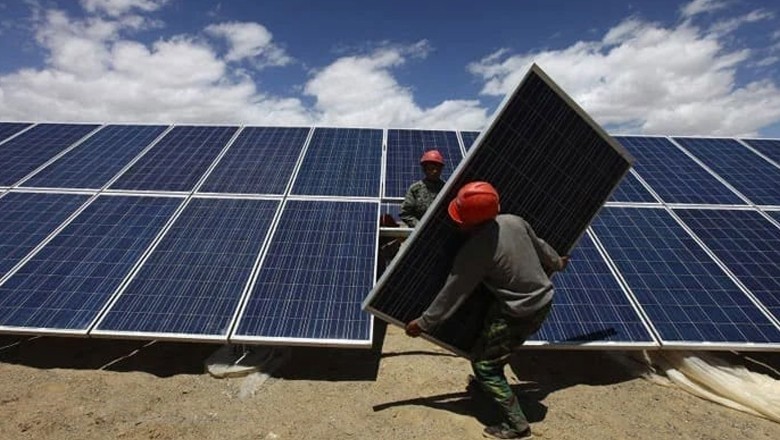
Web Desk
|
17 Oct 2025
The Government of Pakistan and the International Monetary Fund (IMF) are considering tax hikes on imported solar panels and internet services.
This development came after the Fund rejected a proposal to raise taxes on fertilizers and agricultural pesticides. The new measures aim to serve as emergency revenue-generation tools in case of a shortfall in tax collection.
Citing sources media reports said that these proposed "emergency tax measures" will be included in the IMF’s second review report, expected to be released following the Executive Board's approval of a $1 billion third loan tranche under the ongoing bailout program.
The government would implement these measures only if revenue collection in the first half of the fiscal year (July to December) falls below the agreed threshold, or if the Ministry of Finance fails to control expenditures.
Proposals shared by the Federal Board of Revenue (FBR) with the IMF include increasing the General Sales Tax (GST) on imported solar panels from 10% to 18%, effective January 2026, if needed. Similarly, a hike in withholding tax on internet services—from the current 15% to potentially 18% or even 20%—is under consideration.
The FBR estimates that in the coming years, imported solar panels could generate between 25,000 and 30,000 megawatts of electricity. Currently, rooftop solar systems are producing around 6,000 megawatts, a figure that could potentially double in the near future.
With a rising shift away from the national power grid, the government is seeking ways to curb the expansion of solar energy. This is largely due to the mounting burden of capacity payments, which are projected to reach Rs 1.7 trillion in the current fiscal year alone.
The shift toward taxing solar imports and internet services reflects the government's effort to secure fallback revenue sources, as it navigates fiscal challenges under the IMF program.



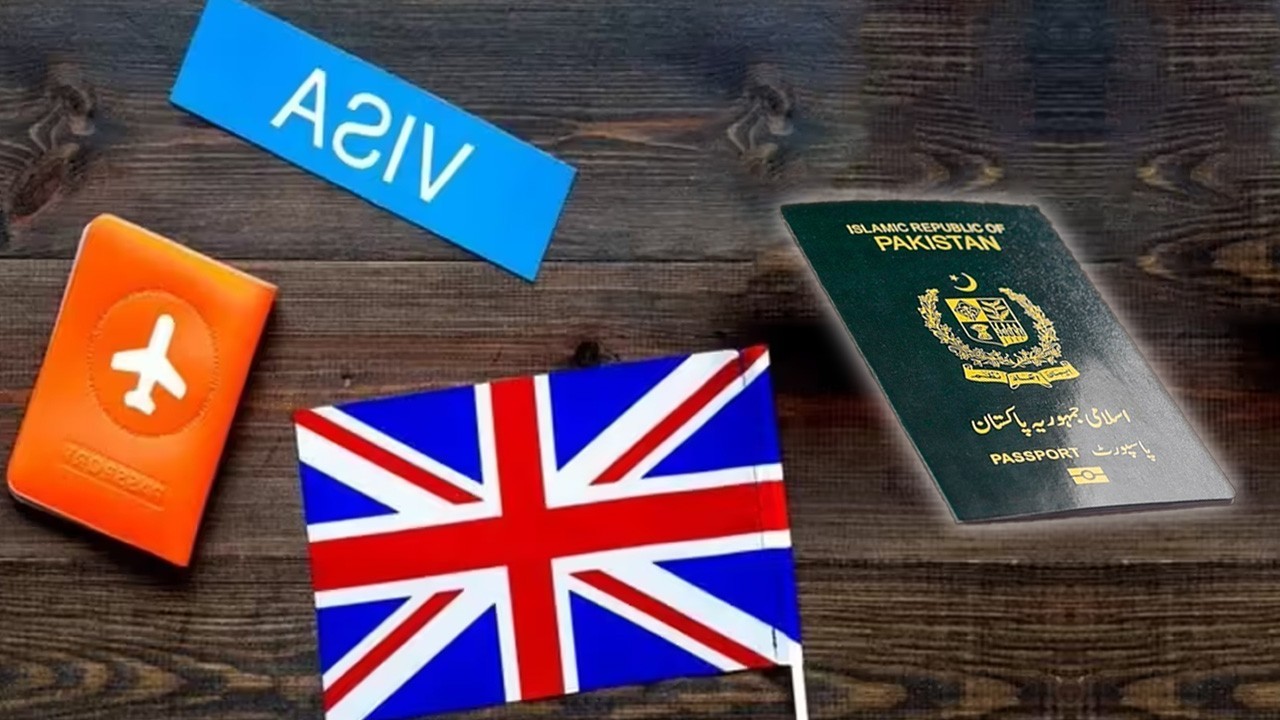


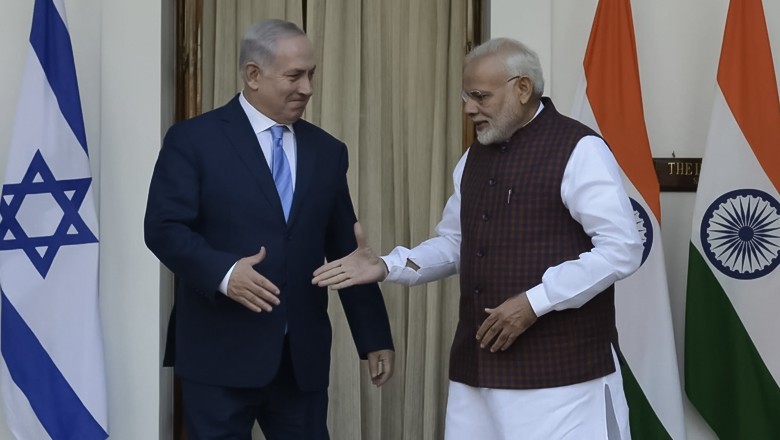
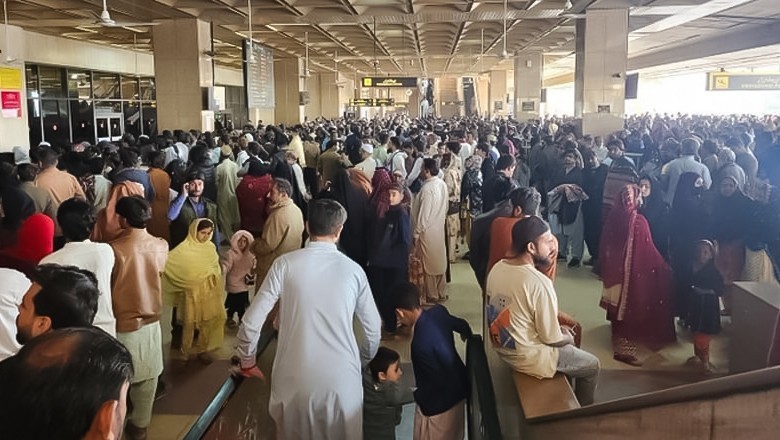


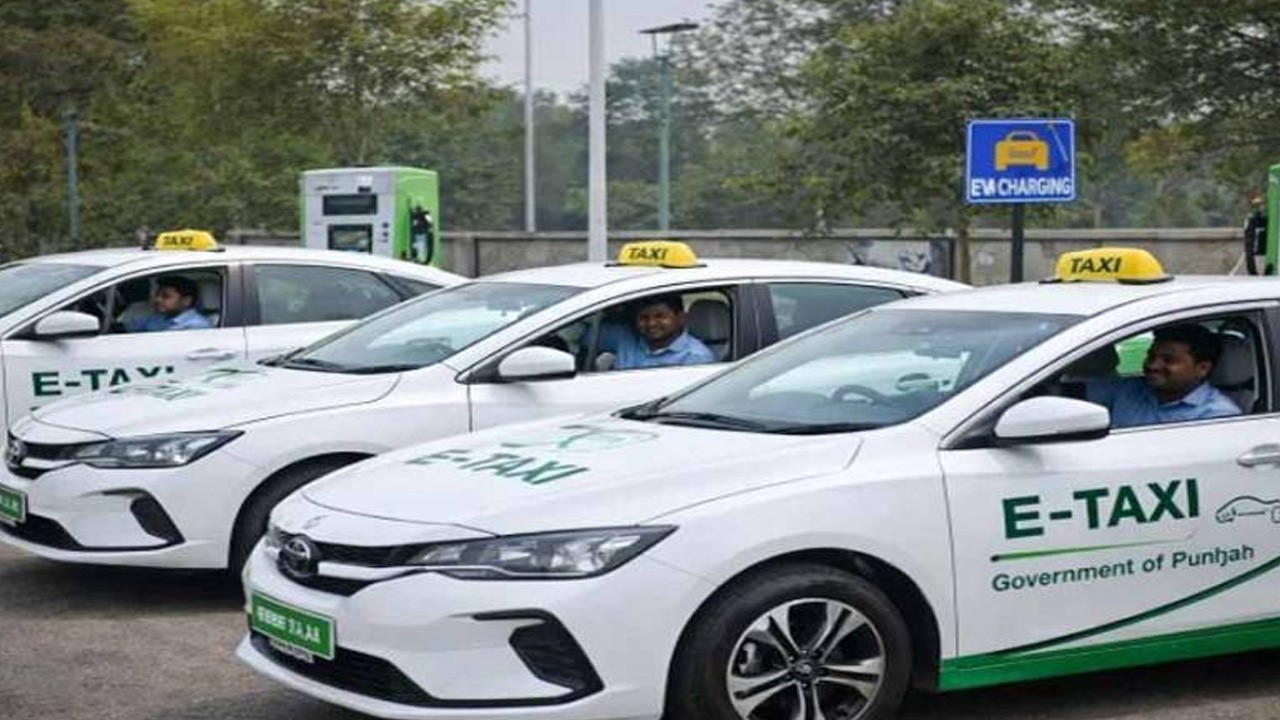
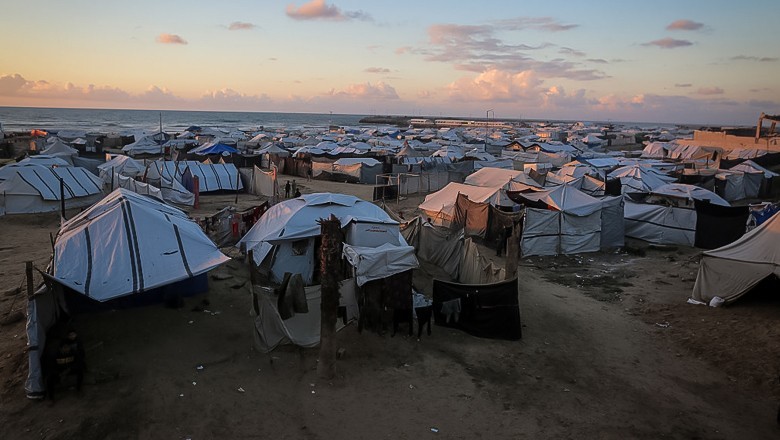
Comments
0 comment